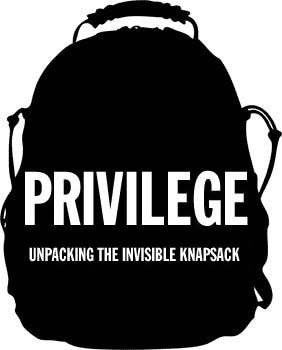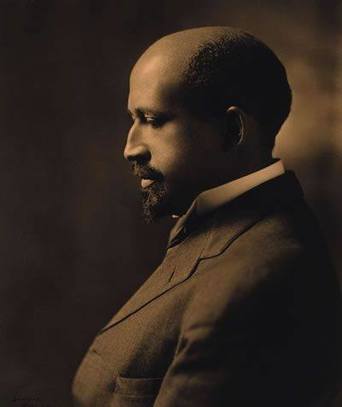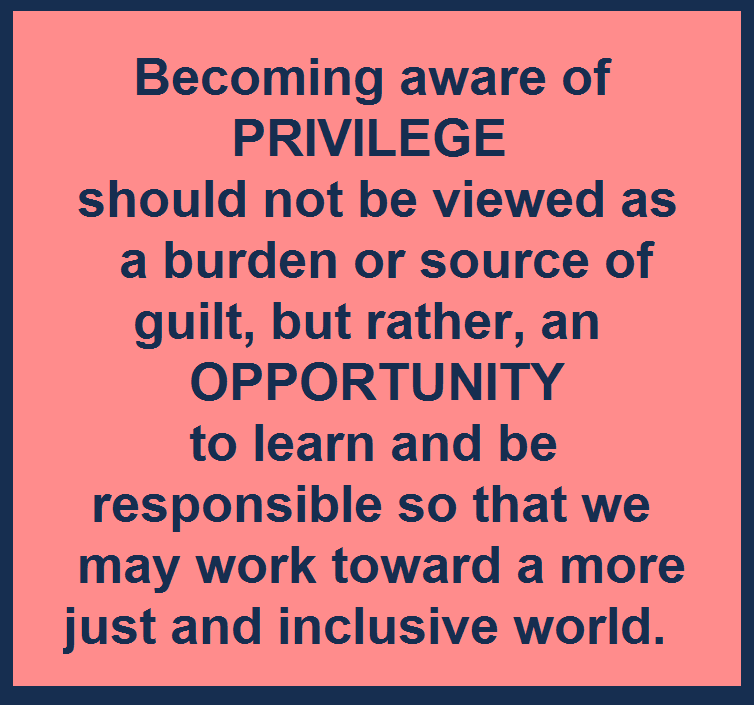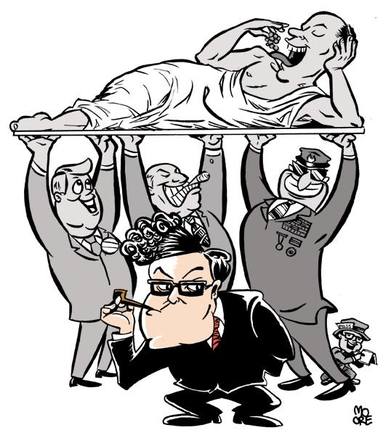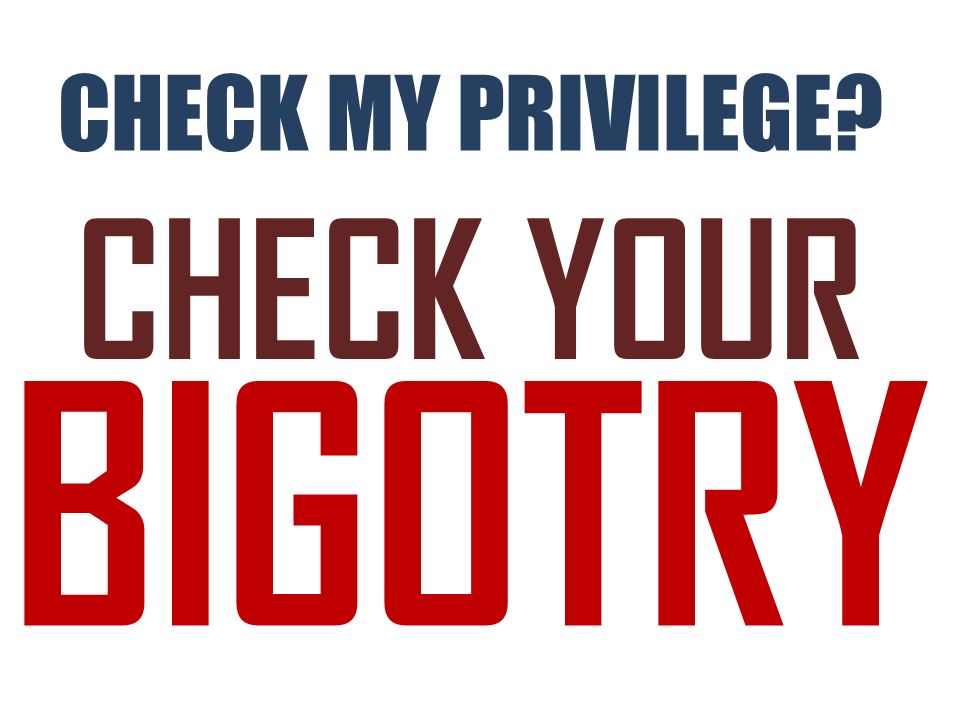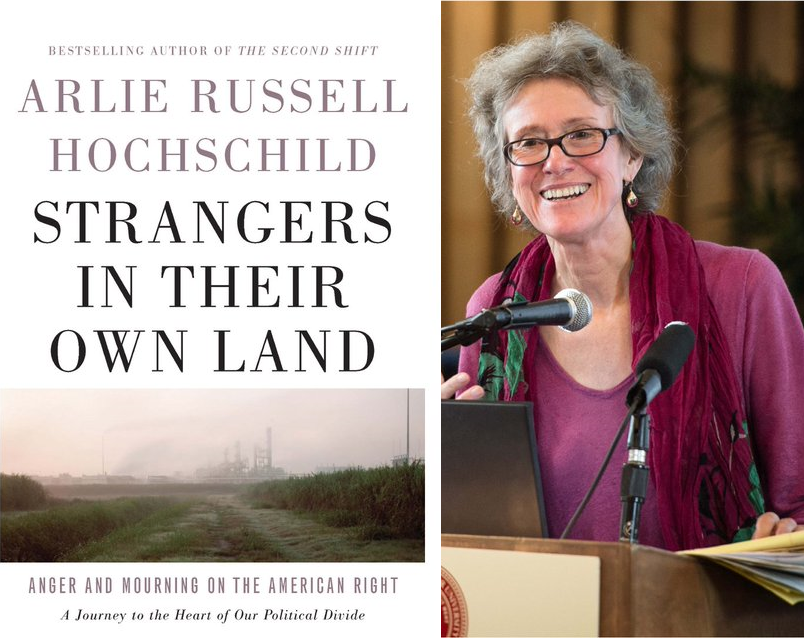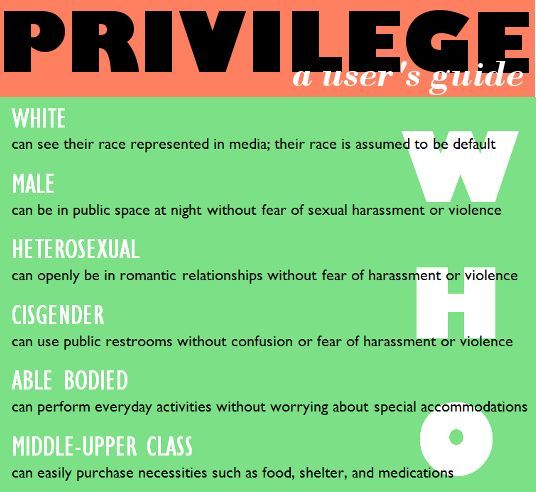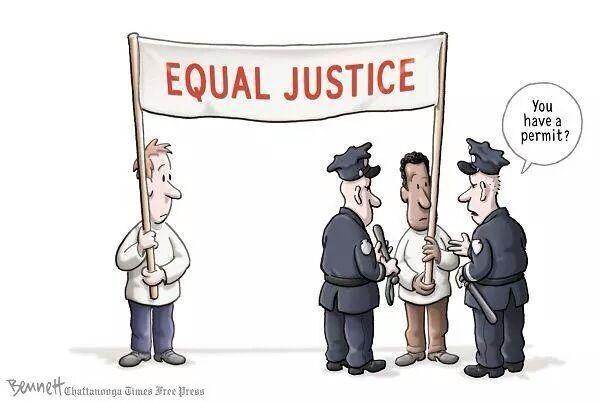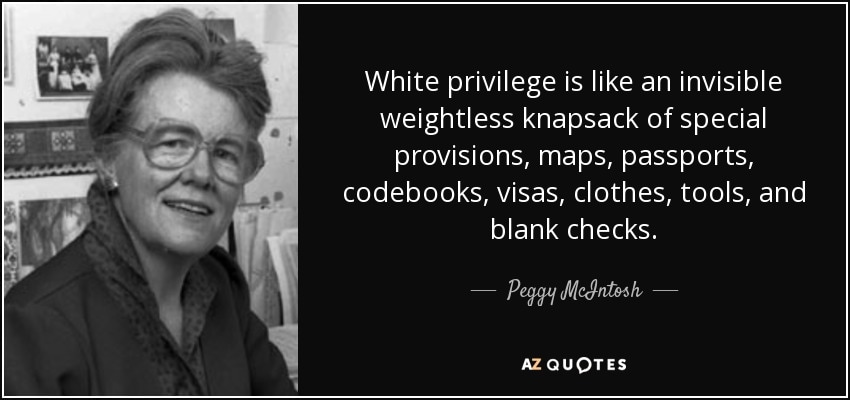Privilege
|
Sociologists define privilege as unearned benefits that accrue to particular groups based on their location within a social hierarchy. Although privilege is often cynically discussed as a term that has only recently become fashionable among liberal academics, the idea of privilege dates back to at least the 1930s and can be found in the writings of sociologist W. E. B. Du Bois, who observed that poor whites receive “psychological wages” that enable them to feel superior to poor blacks. In other words, whatever the shortcomings of their monetary wages, whites could count on having a higher status than blacks simply by virtue of their skin color. A couple decades later, the plain spoken sociologist, C. W. Mills, was not only attentive to privilege but also to how it tends to be invisible and unacknowledged among its recipients. For instance, in his book The Power Elite, Mills discussed the unearned benefits of being counted as a member of the upper classes, writing, "People with advantages are loath to believe that they just happen to be people with advantages.” In the 1960s, the independent scholar, Theodore W. Allen, appeared to take a page directly from Du Bois when he began writing about "white skin privilege."
|
Despite the attention, the privilege concept didn't begin to become embedded in popular consciousness until the late 1980s, when Peggy McIntosh published her essay, "White Privilege and Male Privilege: A Personal Account of Coming to See Correspondences Through Work in Women’s Studies." In the essay, McIntosh offered 46 examples of white privilege and underscored the insight that privilege is, by design, invisible to people who have it. McIntosh's essay has inspired a number of other privilege lists, including "The Male Privilege Checklist: An Unabashed Imitation of an Article by Peggy McIntosh."
W. E. B. Du Bois |
|
In 1935 W. E. B. Du Bois argued in his book Black Reconstruction in America that white laborers are compensated with additional psychological wages," and by analyzing these unearned "wages," it is possible to grasp how white supremacy is connected to capitalism. The psychological wages of whiteness divide the labor movement by leading low-wage white workers to feel superior to low-wage black workers. Significantly, Du Bois identified this particular feature of white supremacy as a global phenomenon, affecting social conditions all over the world by means of colonialism.
It must be remembered that the white group of laborers, while they received a low wage, were compensated in part by a sort of public and psychological wage. They were given public deference and titles of courtesy because they were white. They were admitted freely with all classes of white people to public functions, public parks, and the best schools. The police were drawn from their ranks, and the courts, dependent on their votes, treated them with such leniency as to encourage lawlessness. Their vote selected public officials, and while this had small effect upon the economic situation, it had great effect upon their personal treatment and the deference shown them. White schoolhouses were the best in the community, and conspicuously placed, and they cost anywhere from twice to ten times as much per capita as the colored schools. The newspapers specialized on news that flattered the poor whites and almost utterly ignored the Negro except in crime and ridicule. "Checking Privilege" as Social JusticeIt's now common to hear people telling others to check their privilege. This popular rebuke suggests that identifying and describing privilege is, in part, a project aimed at promoting equality or equity across different social groups. In other words, privilege isn't only discussed in academic circles; it's also discussed by activists as a means of promoting social justice.
There are two features of the privilege concept, which help explain why use of the term has grown in activist circles over the past decade. First, privileges are often invisible to those who have them, and this quality of being difficult to see suggests that one can promote social justice simply by making privilege more visible. Second, privileges are unearned benefits that are available to dominant groups (e.g., whites, men, the rich, heterosexuals, able-bodied people, etc.); yet members of these groups rely on such benefits to acquire resources, power, and to reacquire their privileges. By showing people that dominant groups are only able to remain dominant by taking advantage of benefits they never earned, activists hope to appeal to basic norms of fairness.
C. Wright MillsC. W. Mills is rarely if ever discussed as a theorist of privilege, but he brushes up against the concept repeatedly in his 1956 book, The Power Elite, where he explores the nature and workings of power at the highest levels of government. Crucially, Mills is attentive to the way that privilege is invisible to those who have it.
People with advantages are loath to believe that they just happen to be people with advantages. They come readily to define themselves as inherently worthy of what they possess; they come to believe themselves 'naturally' elite; and, in fact to imagine their possessions and their privileges as natural extensions of their own elite selves. In this sense, the idea of the elite as composed of men and women having a finer moral character is an ideology of the elite as a privileged ruling stratum, and this is true whether the ideology is elite-made up for it by others. ~ C. Wright Mills, The Power Elite, p. 14
The Privilege InstituteDr. Eddie Moore, Jr. created The Privilege Institute, a non-profit organization based on the ideals of the White Privilege Conference: Understanding, Respecting, and Connecting. The Privilege Institute works to promote peace, equity, and social justice by providing a range of educational opportunities and resources on issues of privilege, power and leadership. The Institute also publishes Understanding and Dismantling Privilege, an interdisciplinary journal focusing on intersectionality and all aspects of privilege (racism, sexism, heterosexism, ableism, etc.).
|
Videos
The Backlash Against "Checking Privilege"The effort to make people more aware of their privilege, and the call for those who have privilege to use it in order to promote social justice, has been met with a backlash. One viral example of this backlash is an essay penned by Princeton University Freshman Tal Fortgang in 2014. Fortgang summarizes his objection to the term "privilege" in an interview for Fox News, where he argues that "It's just as wrong to judge someone on the basis of their skin if they're white." Check out this video, and read more about Fortgang's objection, as well as our analysis of what he seems to misunderstand about the concept.
PodcastsSociologist Arlie Hochschild Explains Why White Men Often Deny Their PrivilegeIn this podcast Ezra Klein interviews sociologist Arlie Hochschild about her new book Strangers in Their Own Land, which is based on interviews she conducts with political conservatives who live in and around Louisiana bayou country. The entire podcast offers an excellent account of sociological research, but at 42:46 minutes, Klein and Hochschild have an illuminating discussion about why white men so often deny they have privilege.
PicsThe Privilege BoardCheck out this curated Pinterest board for images related to the concept of privilege. Use these pictures to inspire conversation about what it means and how it works.
VideosJoy DeGruy Explains How to Use
|
